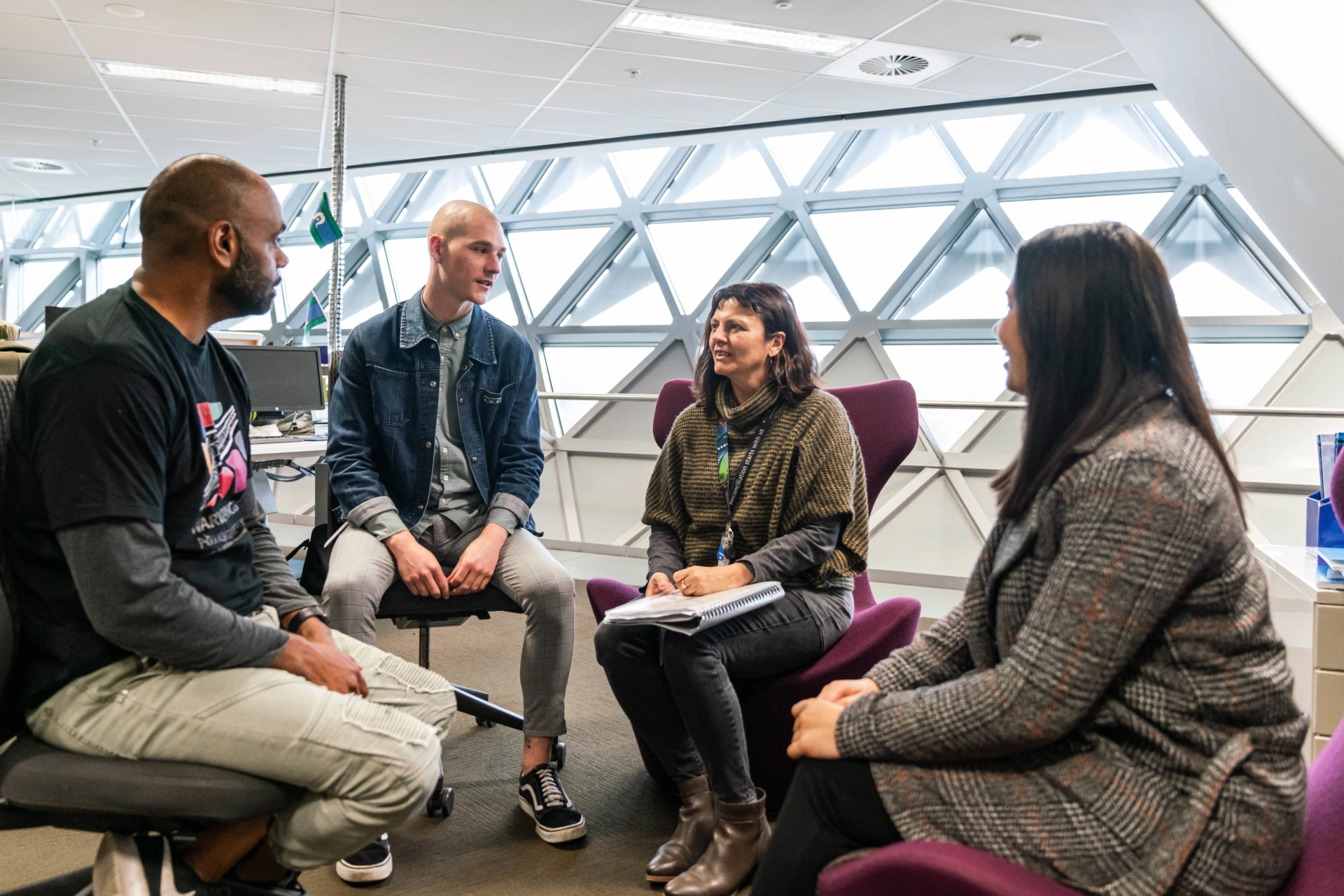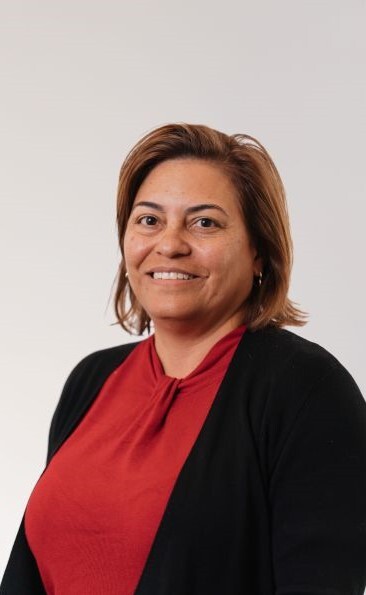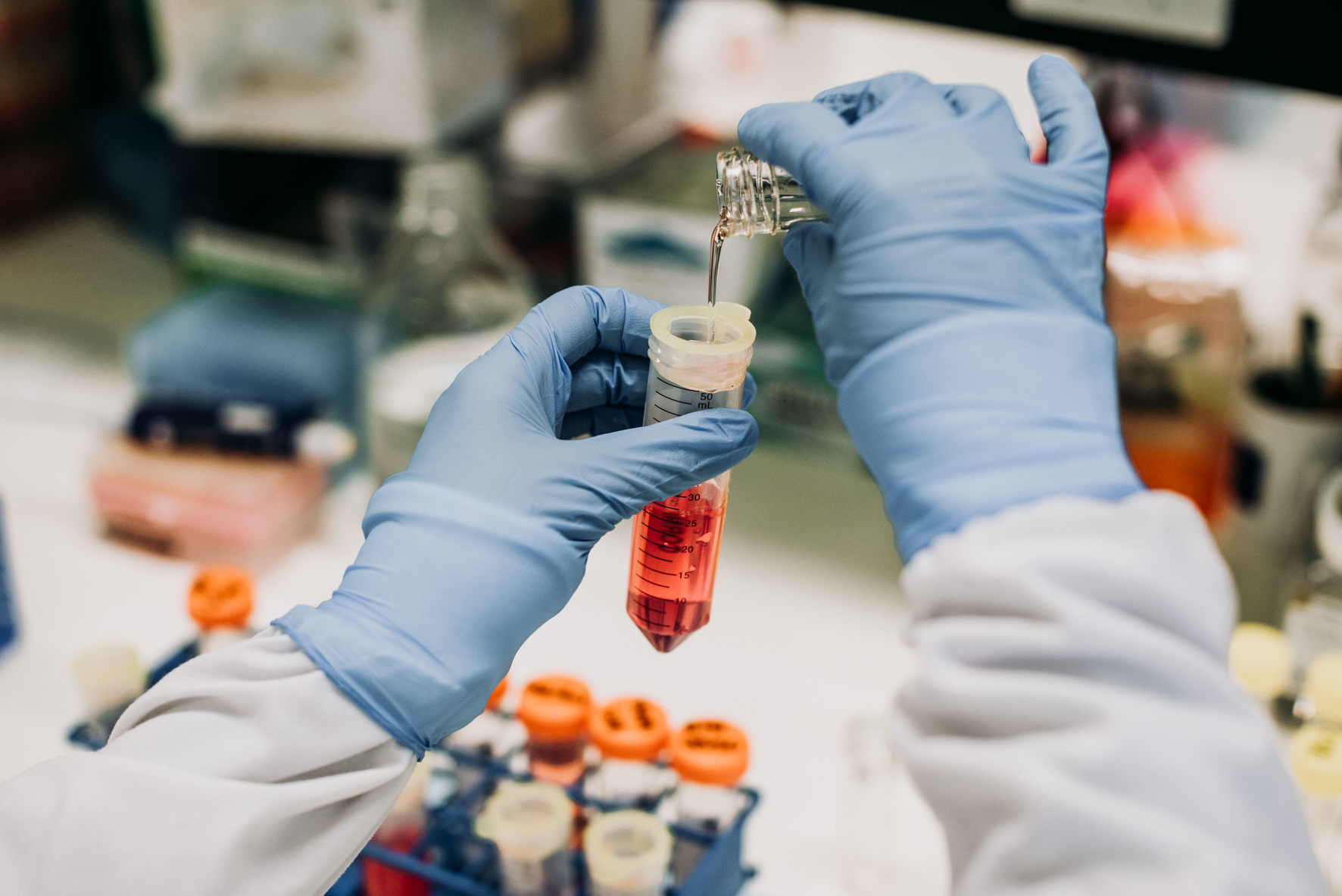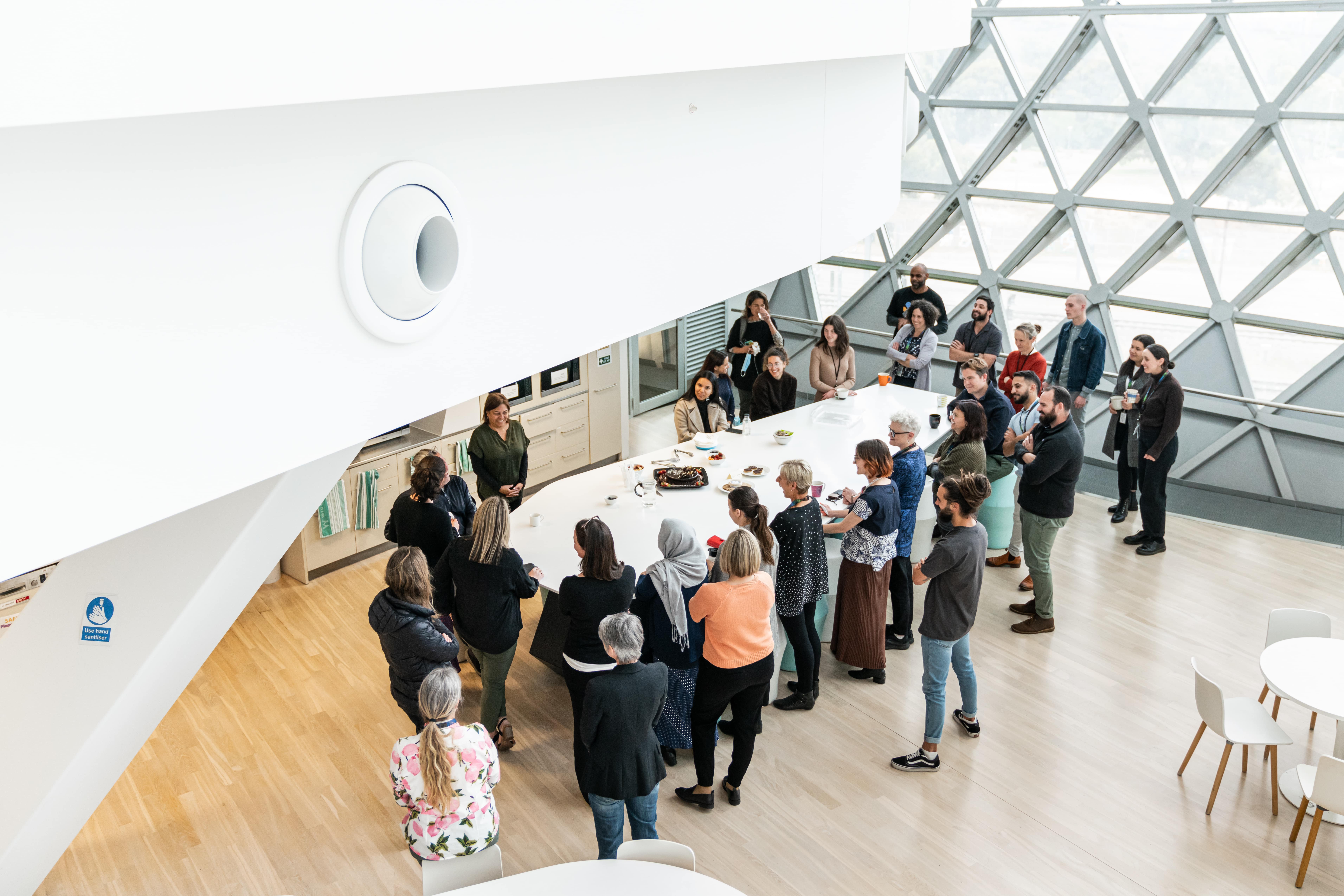The Population Health program aims to understand the needs and priorities of groups that not enough is known about including Aboriginal and Torres Strait Islander young people, men and older people. This will inform health and social systems change.
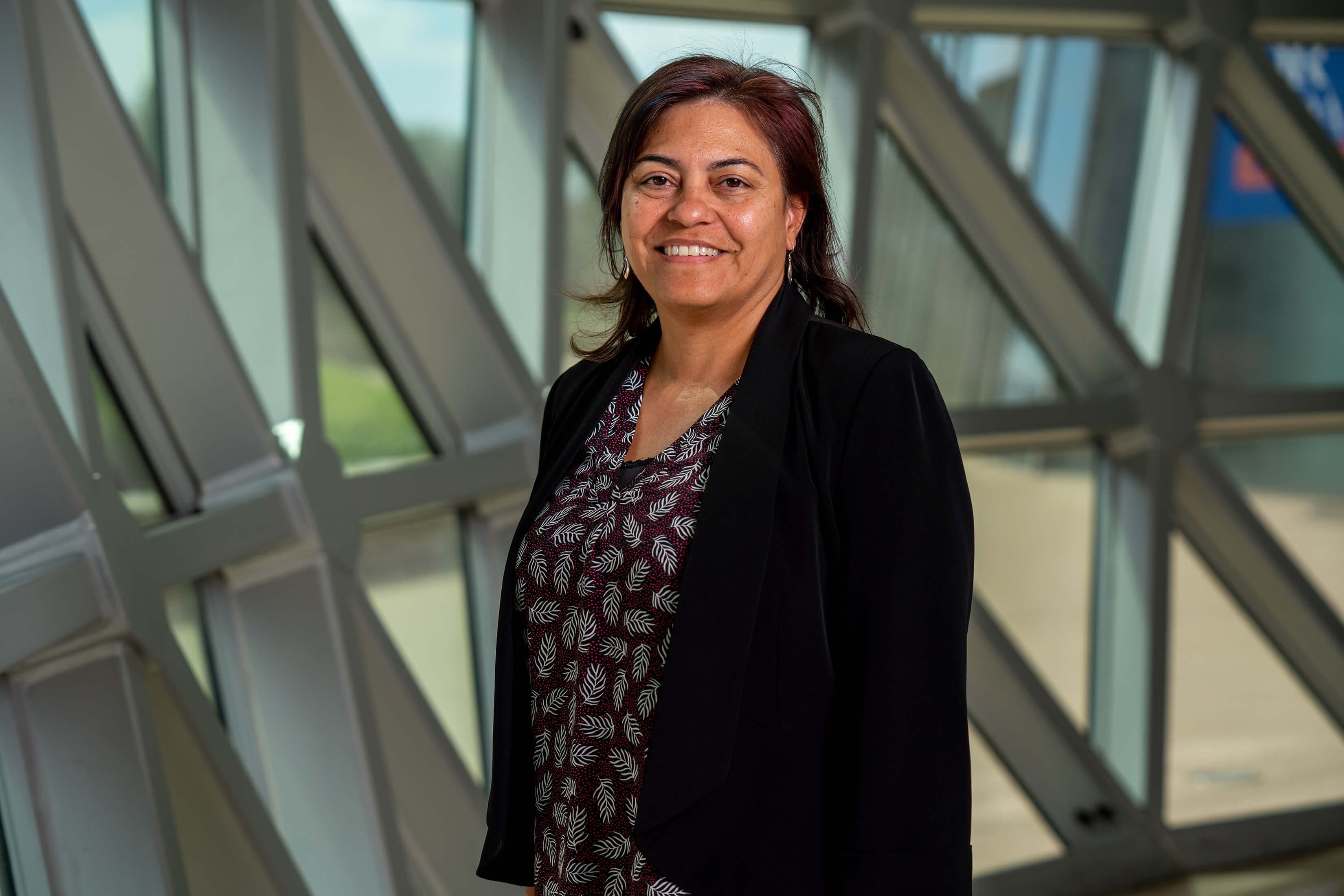
To support self-determination, the platform provides Aboriginal communities in South Australia with administrative data that has been managed and curated in a culturally appropriate manner to measure and monitor health and social inequalities.
The Population Health program has strong expertise in epidemiological monitoring and data sciences with a focus on the use of administrative data for measuring health inequalities.
The team has invested in outlining and establishing data sovereignty processes for Indigenous data and standardised data management protocols for use across SAHMRI’s Aboriginal Health Equity theme and with partners.
Current Student Opportunities
PhD scholarship opportunity
This scholarship is aligned with an awarded Category 1 research grant. It offers you the opportunity to work with Associate Professor Odette Pearson (Co-theme & Population Health Program Lead, Wardliparingga Aboriginal Health Equity, SAHMRI & Adjunct Associate Professor Adelaide Medical School, The University of Adelaide) and a multidisciplinary investigator team of experts in Indigenous health, aged care, population health surveillance, epidemiology, pharmacoepidemiology, biomedical informatics, policy and consumer and carer experiences. Professor Gillian Caughey (ROSA Associate Director & Adjunct Professor, Adelaide Medical School, The University of Adelaide) will be a co-supervisor on this PhD project.
The project on offer responds to calls for evidence-driven reforms in aged care from the Royal Commission into Aged Care Quality and Safety, and the Indigenous community, to improve health and wellbeing for older Indigenous Australians. The project aims to improve the experiences and health outcomes of Indigenous people in aged care by:
- Examining the barriers and equity of access to national government-subsidised aged care services by Indigenous people
- Investigating the quality and safety of aged care services received by Indigenous people
- Identifying whether the care received by Indigenous people in aged care meets their physical, clinical, and psychosocial needs
The successful candidate will be supported to define a PhD program of research that aligns with these overarching project aims.
The research program is in partnership with the Registry of Senior Australians (ROSA). Established in 2017, the ROSA is a national data platform linking information from both the aged care and health care sectors, designed to monitor the health, service utilisation, medication use, mortality, and other outcomes of people receiving aged care services in Australia. ROSA’s Historical National Cohort (2002-2020) includes ~3.5 million people, including 83,306 Indigenous individuals, with linked aged care assessments, aged care service records, deaths, health care services subsidised by the Medicare Benefits Schedule (MBS), medications provided under the Pharmaceutical Benefits Scheme (PBS), and state health authorities’ hospital and ambulance records. For the first time, questions about the appropriateness and outcomes of health care provided to Indigenous people in aged care can be studied at the population level.
Indigenous governance processes have been established to provide strategic and cultural advice to ROSA Indigenous research activities, including this project. The ROSA National Aboriginal and Torres Strait Islander Advisory Committee will be involved in the lifespan of the project and will inform an effective and culturally appropriate community engagement strategy and monitor implementation.
The ideal candidate for this opportunity is an Aboriginal and Torres Strait Islander student who is keen to develop and apply Indigenous approaches to generating and applying evidence to inform policy and practice for Aboriginal and Torres Strait Islander aged care. Applications from non-Indigenous candidates are also welcome.
Preferred educational background
Your application will be assessed on a competitive basis. We will consider your:
- previous academic record,
- publication record,
- honours and awards, and
- employment history.
A background or knowledge of Indigenous health, public health, healthy ageing, or aged care is highly desirable.
Contact
For further information, please contact Sarah Crossing, Project Officer, Wardliparingga Aboriginal Health Equity, SAHMRI
Email: sarah.crossing@sahmri.com
Phone: 08 8128 4345
